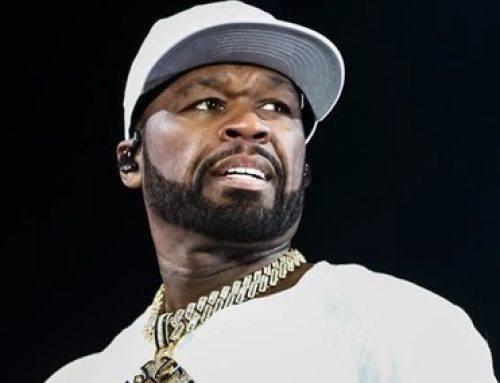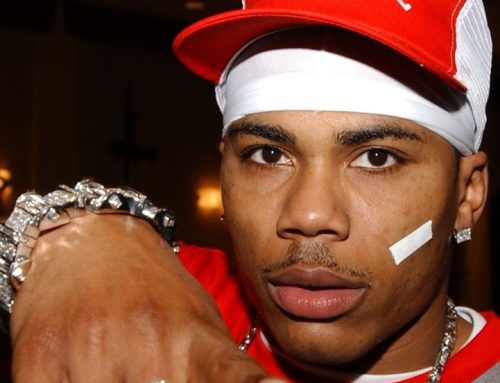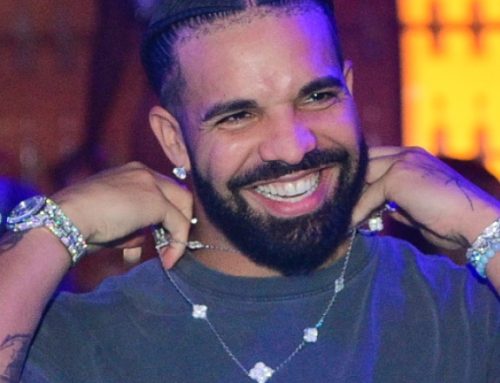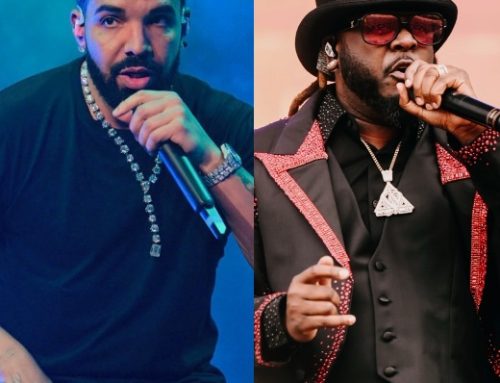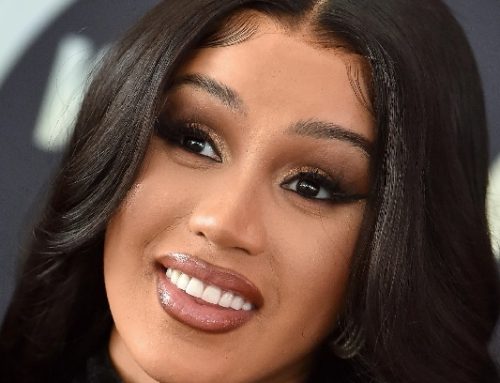The history of hip-hop in California is as extensive and broad as the state itself. Countless voices have played a pivotal part in boosting the Golden State’s profile within the culture. For every superstar name such as Compton’s Dr. Dre and Kendrick Lamar, there are underground kings such as the Bay’s Mac Dre and Rappin’ 4-Tay. Although Drakeo the Ruler is still in the early stages of his career, it is safe to say the L.A. native has the potential to create a long-lasting legacy that cements his own place in the West Coast’s lineage of rap greats.
Last week (Feb. 23), Drakeo released his latest project, The Truth Hurts. The 17-track offering is not only his fifth release since the start of 2020, but represents the MC at a different point in his career. Alongside becoming a free man after his release from prison last November — following a years-long court battle involving various murder charges — Drakeo’s national profile is rising at a rapid pace.
“I’m starting to notice that, and it’s so crazy, man,” Drakeo told Billboard last week regarding his star power “There are certain things I do and say that confirms to me it’s different [now]. Heck, every time I go on IG Live, I see [the video is] quickly uploaded on YouTube, and I’m like, ‘C’mon, bruh.'”
His momentum grew stronger when he secured a Drake feature for his latest album. The end product, “Talk to Me,” is a smooth, bouncy record that was anticipated since last December, when Drakeo broke the news of an upcoming team-up. To avid fans of the rapper, his Drake feature should not come as a surprise: Drakeo’s past collaborations have ranged from going toe-to-toe with 03 Cali staples Greedo and OhGeesy to vibing with Seattle upstart Lil Mosey to telling stories about life in L.A. with his late friend and Stinc Team member, Ketchy the Great.
Besides rapping alongside Drake, catching a wave with buzzing talent Don Toliver (on the Toliver-inspired record “Dawn Toliver”) meant more people were familiar with his West Coast track record. “It was dope to me, it really was,” Drakeo said. “To see folks who knew who I am and wanted to work with me was different.”
On the day of The Truth Hurts’ release, Drakeo the Ruler spoke to Billboard about his new album, finding the inspiration to record his 2020 set Thank You For Using GTL in prison, the biggest misconception facing California artists, and more.
The Truth Hurts finds you elevating yourself once again. Why was it important to you to do that?
To be honest, I love improving my effort from the last project, especially with [2020’s] We Know the Truth. I always want the next project to be better than what it was, and it can never be the same or lower. It must be better.
To follow up on that, what exactly fuels your motivation while making music, especially since more artists are now copying your style?
[Laughs.] Yeah, that’s true. Every time I do a record, I want people to know it’s Drakeo. You don’t need to guess who it is. There are certain things I do on records to confirm it’s me. Whether it’s rapping from the top, mumbling, or talking my talk at the beginning or end, I’m going to make you know it’s me — and that if you hear anyone else do it, that they got it from me too.
Speaking of songwriting, do you write your bars down or freestyle?
Oh, for most of this tape, I was [freestyling]. But I was punching in the entire time. For the stuff I made in prison, I had written it down.
Thank You For Using GTL was considered one of the best projects of last year. How did everything come together with that set being so high-quality?
Well, besides being very quiet where I was, I had to make sure my engineer had the necessary tools to make sure the sound was good. On my end, the lyrics were ready to go, and I knew the right beats to pick. I was also hip to everything, yet people would be surprised at how hip I was. I’m like, “I spoke to people about this.” [Laughs.]
To be even more honest, I was testing people out with the music that came out at the time. Heck, I was testing myself to see if I still had it or would lose it. I didn’t want to be another rapper that went to jail, and that’s all I rapped about. Nobody wants to hear that. If you listen back to it, I only made one song that touched on the topic of jail. For the most part, I tested my new slang and styles — so once I saw people were rocking with it, I knew what was right.
How excited were you about working with Drake and Don Toliver?
It was dope to me, man. Everybody has all of these followers and doesn’t check their DMs. I’m actually hyped about connecting with Don, though. Similarly to Drake, we connected through mutual folks and made dope music after sending each other a couple of records. I’m supposed to be on Don’s next project too.
What were your earliest hip-hop memories?
Ah, man, I listened to quite a few people! I remember listening to Hot Boyz, Boosie [Bad Azz], Webbie, and a couple of others. Dipset was dope to me because I liked the way they flexed. But who actually influenced me to rap was a battle rapper named Cocky, though. He was so smooth and calm while rapping, despite saying some of the craziest stuff. It showed me you didn’t have to yell or be loud to get your point across.
It’s funny watching people get confused while listening to my music. They’re like, “How he is so calm while talking about this kind of stuff?” But yeah, it was crazy back then.
If there’s an opportunity to become a voice for those who experienced similar struggles as you did with the legal system, would you take it?
For sure, because I’m already doing that. Whether it’s actually speaking to folks or reposting their links to GoFundMe’s, etc. I do it because no one did it for me — minus a few people, including artists from my wave. If there’s more I can do, I’ll do it, but it has to be right. I’m not going to be a preacher or the next Malcolm X. [Laughs.] There’s no way I want to be hypocritical. Whether it’s through my music or off of it, I find different ways to get my point across without being preachy. Whether it’s being funny or just saying it in a line on a song, I want to find the best ways to explain to people what’s going on, so it’s properly understood.
Because we lost rappers to the legal system and gun violence, what would be your greatest advice as to how your peers should move?
It’s a matter of watching who you hang with and not posting your location all the time. They always say you get caught up by those closest to you, but if you do post a video of your location, you need to be very quick and close up with what you’re sharing. A lot of people, including myself, can tell where you’re at by identifying what’s around you. It can be a corner or wall, and we know where you at, and some folks will then screen record your post.
Folks be forgetting rappers have to deal with so much as targets. We’re expected to keep up an image, and you have to worry about the police and haters. If I have protection and get caught up, they say I shouldn’t have it. But if I were to be robbed, no one would have sympathy for me. It’s a lose-lose situation. But with that said, don’t get caught up. It’s not the same world. You’ll mess around and find yourself in that same spot.
And it’s tougher to deal with since some people will shame you for cooperating with the police.
Oh, yeah. ‘Cause you don’t want to be a snitch. [Laughs.] Even your mother doesn’t like snitches. Never that.
Would you consider yourself a student of the game?
Absolutely. Even though I mostly listen to my music, I still keep an eye on what’s out there to know who I’m competing against. If someone else is going hard, I love challenging myself to be better than them. It’s also why I record so much music, especially with the fact, I get tired of my own stuff after hearing it too many times. On a bad day, I record five songs but usually, I knock out nine or ten songs — and I do so until I’m tired and can’t do it anymore.


